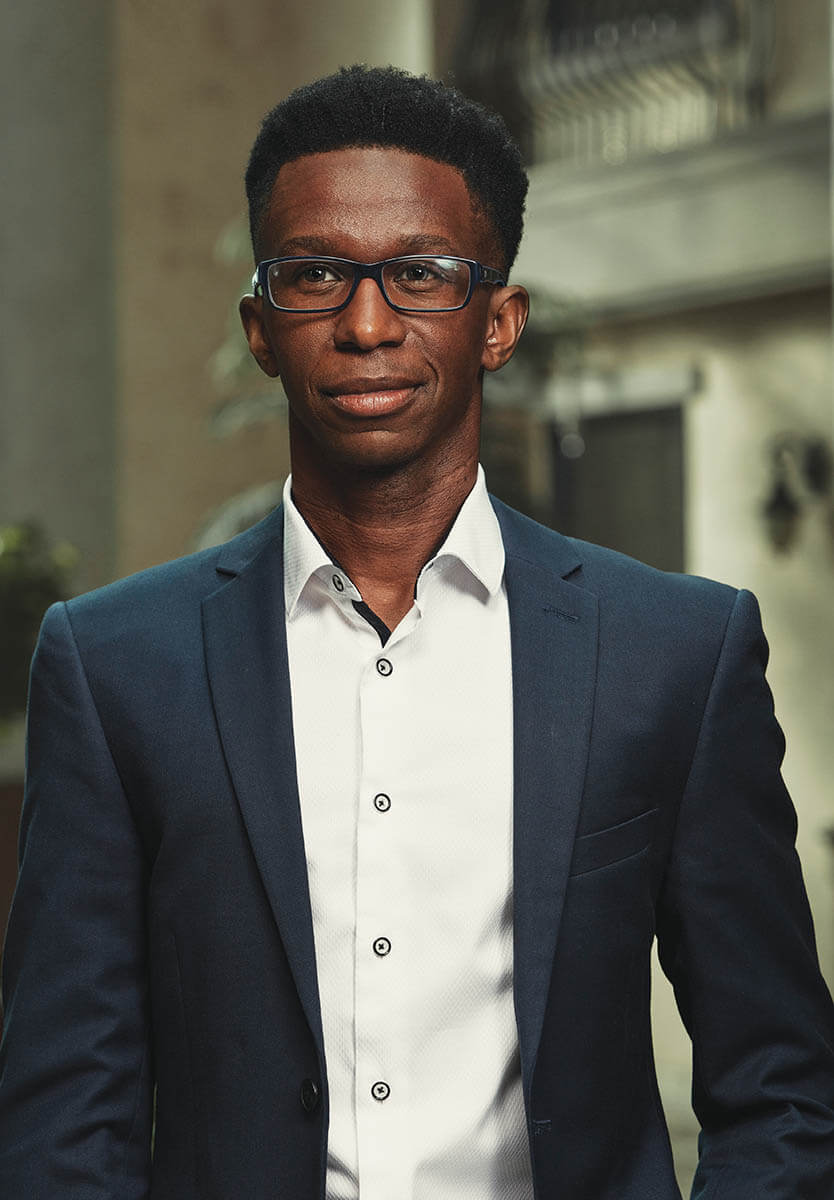While reconnecting with family in Zimbabwe in 2013, Simba Nyazika made an upsetting discovery. His grandmother, whom he had not seen since immigrating to Canada with his parents in 2005, didn’t recognize him. No one had told Nyazika that his grandmother had developed dementia in the time since he left the country in which he grew up.
“You go back expecting to share memories with this person, but it’s like meeting them for the first time,” explains Nyazika, who had become interested in the human brain at a young age, eventually completing BSc degrees in both Psychology and Neuroscience from the University of Alberta.
“The experience with my grandmother accelerated my desire to learn more about the human brain,” says Nyazika. “I wanted to not only understand the mind better but help people who suffer from mental disorders. I asked myself, ‘Can we do better with mental health?’ and then set out to find the answer.”
To help answer that question, Nyazika co-founded Lenica Research Group in 2017, a neurotechnology company with the goal of transforming global mental health.
“There’s a lot of great research being done, but so little of it is being applied to the real world,” says the soft-spoken Nyazika, who also acts as a body language and communication consultant in his spare time. “I wanted to create a company that might be able to bridge that gap and apply some of the great work people are doing for the benefit of society.”
The other goal of Lenica, which is comprised of researchers, healthcare professionals, and technology experts, is developing a preventative solution for mental health. Nyazika wants to create a system that could act as an early detection system for illnesses like the one his grandmother endured.
In the five years since starting Lenica, the company has focused on building a product called Peak Cognition, a virtual reality-enhanced training platform that aims to improve brain function, enhance athletic performance, and treat conditions like dementia and strokes.
